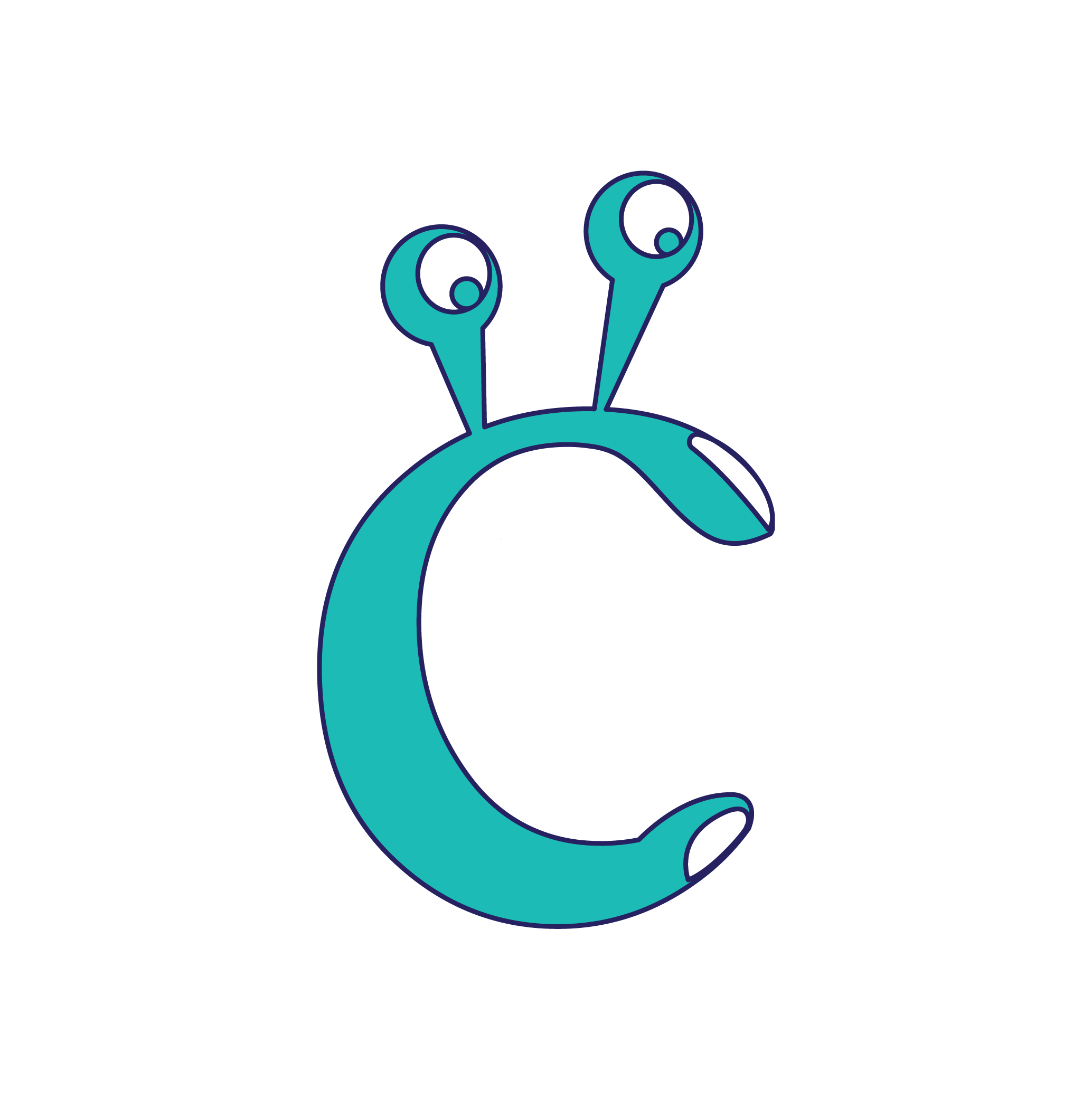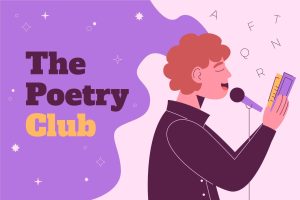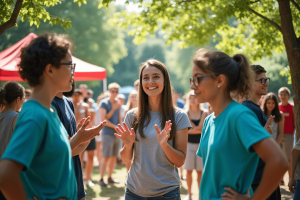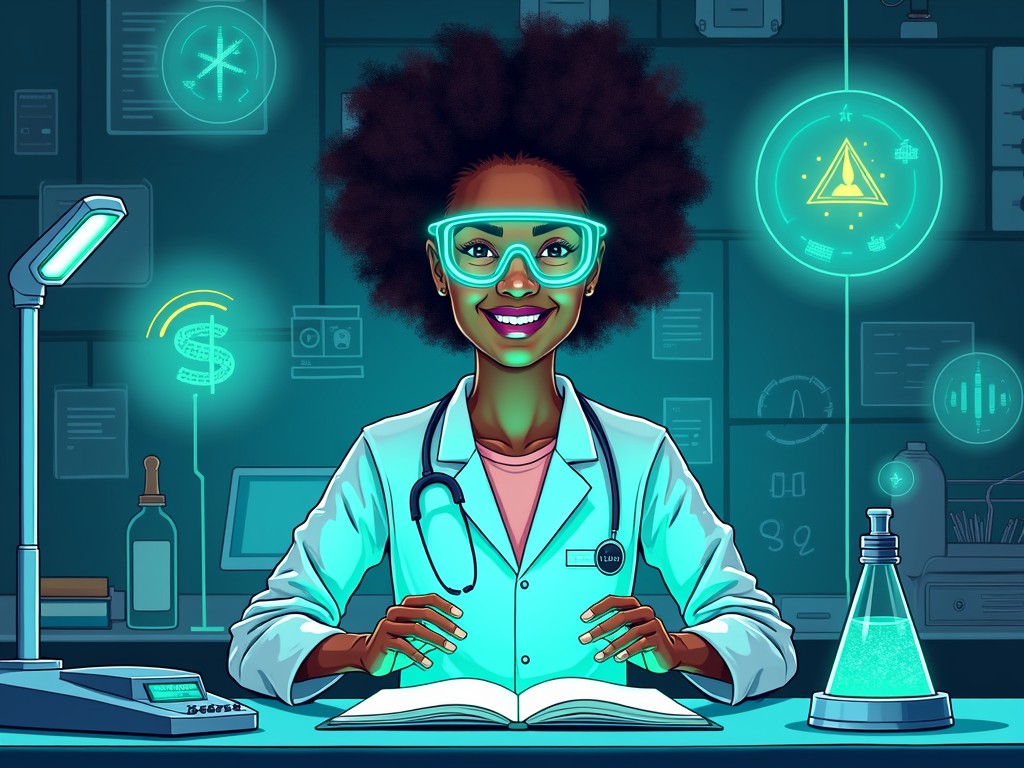
Deaf Scientists and Innovators: Pioneering Progress in STEM Fields
- Posted by Cicada Sign
- Categories Blog
- Date November 24, 2024
- Comments 0 comment
For centuries, the Deaf community has been underestimated in the fields of science, technology, engineering, and mathematics (STEM). Yet history and modern advancements reveal a remarkable truth: Deaf individuals have made extraordinary contributions that continue to shape our world. Today, we celebrate the achievements of Deaf scientists, technologists, and innovators—past and present—who have broken barriers and set new standards of excellence in STEM.
The Historical Legacy: Deaf Scientists Who Made an Impact
While mainstream history books often overlook Deaf individuals, figures like Thomas Edison—who experienced significant hearing loss—serve as reminders of the ingenuity that exists within the community. Edison’s work revolutionized modern life, giving us the lightbulb and phonograph, among other inventions.
Similarly, Annie Jump Cannon, a Deaf astronomer, is celebrated for her contributions to the Harvard Classification Scheme for stars. Cannon’s groundbreaking cataloging of over 350,000 stars forever changed the field of astronomy, earning her global recognition as the “Census Taker of the Stars.”
Modern Deaf Innovators: Breaking Barriers in STEM Today
Today, Deaf individuals are thriving in STEM fields, often using their unique perspectives to solve problems in ways others might not consider. Here are a few standout examples:
-
Dr. Joseph Murray: A Deaf biologist and advocate, Dr. Murray conducts vital research in genetics and Deaf studies. His work bridges the gap between science and the cultural aspects of the Deaf community.
-
Dr. Amber Galloway Gallego: Known for revolutionizing sign language interpretation, Dr. Gallego uses technology and linguistics to ensure accessibility at live music events, showing how STEM applications can transform entertainment.
-
Rajan Shanmugaraj: A Deaf software engineer and accessibility advocate, Rajan works at the intersection of AI and assistive technologies, developing tools to improve communication for the Deaf community.
The Role of Accessibility in STEM Education
Access to quality education is crucial for fostering the next generation of Deaf scientists. While many Deaf students still face barriers in traditional classrooms, advancements in technology are creating more inclusive opportunities. Real-time captioning, visual simulations, and sign language-integrated AI learning tools empower Deaf learners to engage deeply with STEM topics.
Moreover, organizations like the National Technical Institute for the Deaf (NTID) and DeafTEC are paving the way by offering specialized STEM programs for Deaf and hard-of-hearing students. These institutions provide tailored resources, mentorship, and access to cutting-edge labs.
The Need for Deaf Representation in STEM
Representation matters. When Deaf students see individuals like themselves excelling in STEM careers, it reinforces the belief that they too can succeed in these fields. Deaf innovators bring a unique perspective to problem-solving, often excelling in visual and spatial thinking, which is critical in disciplines like engineering and data visualization.
By fostering more inclusivity in STEM industries and academia, we can unlock the full potential of the Deaf community, contributing to diverse solutions that benefit society as a whole.
Inspiring the Next Generation
As we celebrate Deaf scientists and innovators, let us remember that their achievements are not just milestones but stepping stones for future generations. At Cicada Sign, we are committed to fostering accessibility, representation, and empowerment within the Deaf community. By highlighting these inspiring figures and promoting STEM education for Deaf individuals, we aim to break barriers and create opportunities for a more inclusive world.

F Letter in ASL
“When we provide equal access to STEM education for the Deaf, we’re not just changing their lives—we’re transforming the entire field with fresh perspectives and unique ideas.”
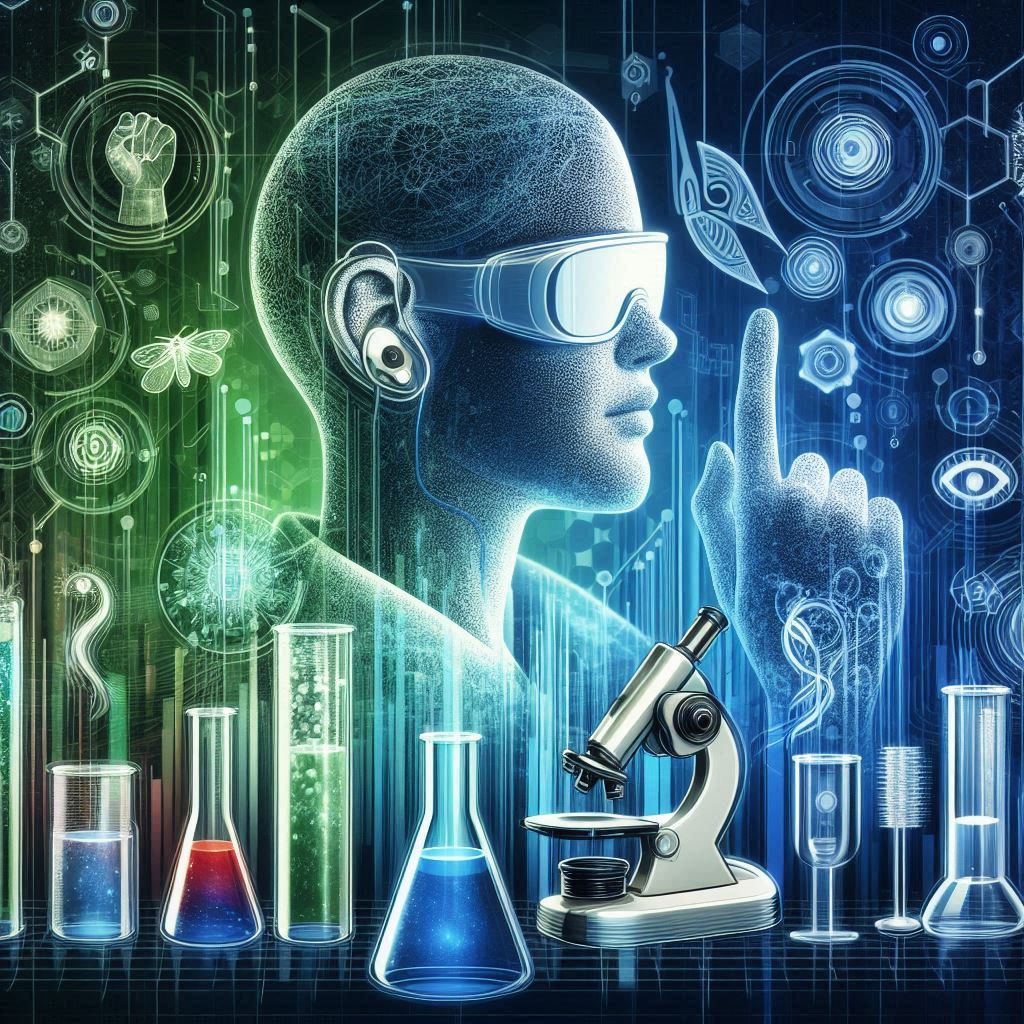
“Deaf scientists are a testament to resilience, innovation, and the power of diverse thinking in solving humanity’s greatest challenges.”
